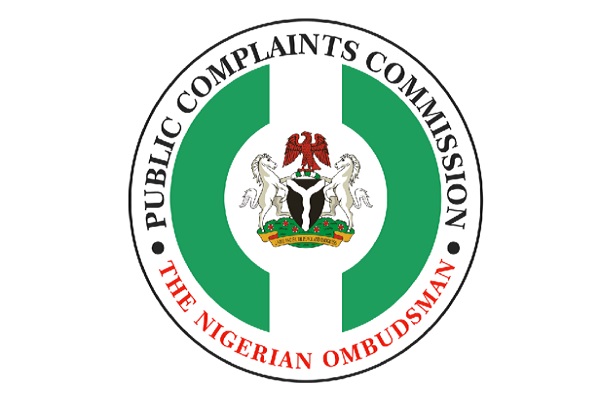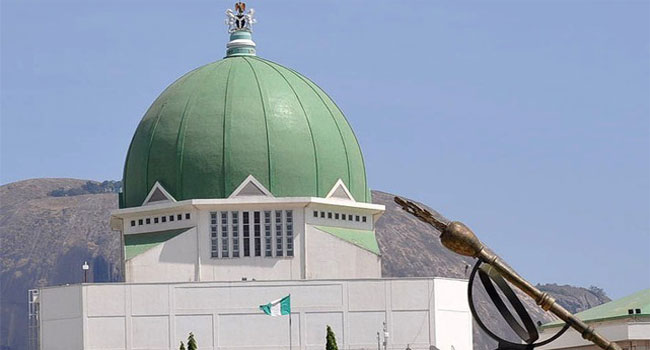No fewer than 499,500 out of a possible 791,026 complaints have been successfully resolved by the Public Complaints Commission (PCC) within the spate of 18 months.
The chief commissioner of the federation, Abimbola Ayo-Yusuf made the disclosures in a statement while reporting activities ongoing at the Commission.
He noted that despite the challenge of inadequate funding faced by the Commission since its inception, particularly when he assumed office about two and a half years ago, he has never relented in his fight against maladministration and corruption.
Ayo-Yusuf said publicising the report of his achievements in the Commission became imperative given the recent unrest by the three labour Unions in the Commission including the Association of Senior Civil Servants of Nigeria (ASCSN), Nigerian Civil Service Union (NCSU) and the Parliamentary Staff Association of Nigeria (PASAN) over the implementation of the Consolidated Legislative Salary Structure (CONLESS) upon the migration from the Consolidated Public Service Salary Structure (CONPSS).
He added that, under his watch, the systemic investigation has been carried out in the six geo-political zones of the country in the areas of management of the Ecological Funds by the 36 States of the Federation; poor service delivery in the Aviation Sector, crisis associated with the redesigning of the Naira notes by CBN and poor handling by the commercial banks.
Other areas investigated he added included the welfare of inmates by the Nigeria Correctional Services; operators of the Mobile Network on the unlawful deduction of customers’ money for unsolicited services, and the National Health Insurance Services for poor delivery, among others.
He said: “Inadequate finance has remained the Commission’s greatest challenge since inception but notwithstanding, the Commission has continued to do its best possible against all odds.
“Due to the strategies put in place since my assumption of office two and half years ago, the Commission, under my leadership was able to receive not less than 791,026 complaints from members of the public aside cases initiated by the Commission, out of which 499,500 complaints have been successfully resolved and 291,526 is pending.
“Establishment of the Enforcement Unit in collaboration with the Nigeria Police Force and the Judiciary to effectively check some recalcitrant respondents. Under my leadership, about 80 case files have been handled by the Unit out of which 76 have been successfully resolved through prosecution.
“However, the unit has also prosecuted not less than 70 recalcitrant respondents and the sum of N186 million has been recovered for various Complainants.”
Speaking on the unrest, the PCC boss noted that the agitation by the unions started although no budgetary approval was given to implement the same in the 2022 and 2023 Appropriation Acts.
He recalled that several conciliation meetings were held between the management and the unions which later culminated in the apprehension of the industrial dispute by the Federal Ministry of Labour and Employment.
He added: “Arising from the above, parties committed themselves to ensuring a concerted pursuit and advocacy for an enhanced budgetary allocation under the 2024 Appropriation Act.
“It is however disheartening that despite the relentless efforts of the management and relevant stakeholders, the 2024 approved budget could not fully implement the approved CONLESS for staff of the Commission.
“As the management was making efforts to analyze the budget and determine how to allocate funds to the relevant heads/sub-heads, the Commission received a letter from the Joint Unions insisting on the full implementation of the approved 50 percent CONLESS and its peculiar allowance that is been paid to the staffs of the National Assembly Service which was different from the approval granted the Commission by the National Salaries, Incomes and Wages Commission (NSIWC).”
While noting that amid the resources available, he has done his best in judiciously applying the Commission’s funds towards the welfare of staff and provision of infrastructure and working tools for optimal performance, the chief commissioner stressed: “the agitation of the Joint Unions to pay a salary structure that was not approved by the appropriate authorities is manifestly illegal and cannot be acceded to by any responsible institution.”










